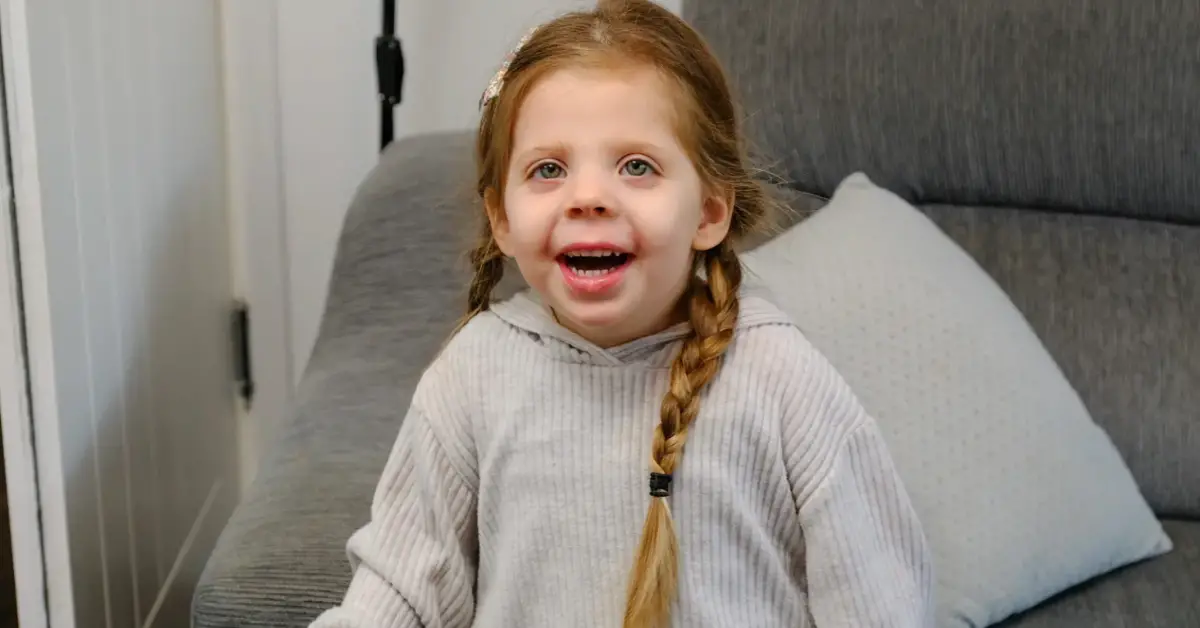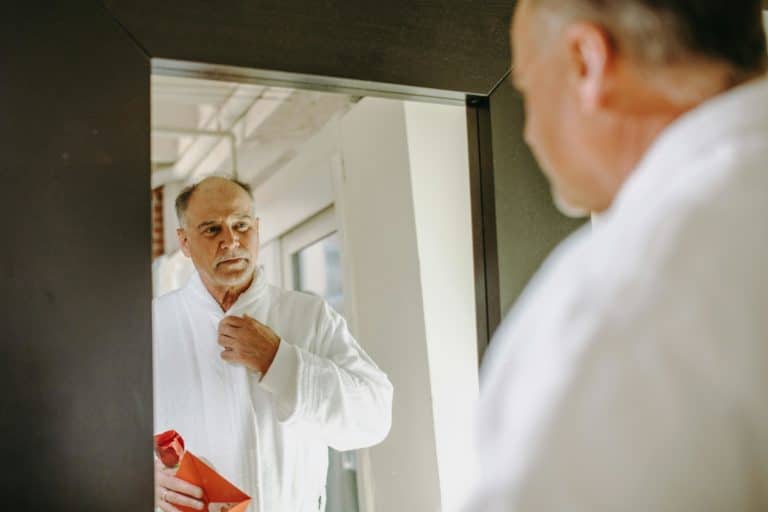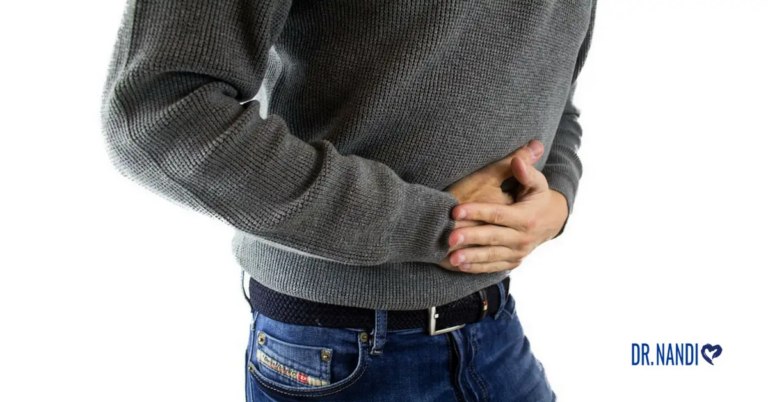Dementia is not a single illness.
It is a broad term that refers to a set of symptoms. These symptoms can have an impact on a person’s memory as well as their ability to think, process information, and communicate with others.
According to the World Health Organization, more than 55 million people worldwide have dementia, with over 10 million cases diagnosed each year. While Alzheimer’s is the most common cause of dementia, it is not the only one. (2)
Young People and Dementia
The estimated average age of onset of dementia in the United States is 83.7 years old. The likelihood of developing dementia does increase significantly with age. (1, 4)
Most people with Alzheimer’s show symptoms in their mid-60s, but signs of early-onset Alzheimer’s can begin between the age of 30 and mid-60. (2, 3)
When a person develops dementia before the age of 65, this is known as “young-onset dementia.” People this age with the disease are often referred to as “younger people with dementia.” People sometimes use the terms “early-onset dementia” or “working-age dementia.” (4)
Batten disease, also known as neuronal ceroid lipofuscinoses, is a form of childhood dementia where children progressively lose all their skills and eventually succumb. The condition, which usually starts in childhood, can cause vision problems and seizures.
It can then deteriorate, leaving children with cognitive impairment, worsening seizures, and progressive loss of sight and motor skills. It is frequently fatal by the late teens or early 20s.
There are other variations of the genetic disease, with 14 strains so far diagnosed, and there is currently no cure. (5)

A heartbroken UK mother opened up about how she is losing her daughter Florence, age 3, to Batten disease. She was diagnosed just months after walking down the aisle at her parents’ wedding.
Her mother, Phoebe Swaffield, a government worker for the Department for Transport from Coventry, West Midlandstold The Sun in April 2022: “Our world has been split into two chapters — pre-diagnosis and post-diagnosis.”
Florence is losing the ability to talk, walk, eat or drink independently. She has already lost almost all the words she had learned.
But despite this, her mom says Florence is cheeky and funny with “the most infectious belly laugh.” (6)
Medical Signs From Birth That May Lead to a Dementia Diagnosis
Florence had a difficult birth, and Phoebe worried something was wrong in the weeks following. She’d make hacking noises, sleep excessively for up to 22 hours a day, and refuse to eat.
When Phoebe managed to get her to feed, Florence would projectile vomit.
Phoebe was constantly reassured that her baby was fine, and hospital staff even encouraged her to use more force to wake Florence and get her to eat.
Phoebe said: “They were not listening. I tried to force her to eat but she would vomit.
You wouldn’t think a baby would projectile in the way she did. It was a continuous cycle of stress and it felt like I was just banging my head against the wall.”
When she entered nursery, Florence appeared smaller and less cognitively developed than other kids. (6)
Dementia Symptoms Went Unrecognized by Doctors
Also The Sun newspaper, Phoebe stated: “Most people have never even heard of Batten disease — and wouldn’t think that children could develop a condition like dementia as it’s mostly associated with older people. None of the doctors even knew it existed when it came back on the genetic test.
“ Even after her diagnosis, pediatricians and GPs had to Google it.
“If more doctors were aware of it, children would be diagnosed earlier, and they would have a better quality of life. We’re determined to give Florence the best life possible.”
The couple noticed more changes in Florence’s health as soon as they returned from their wedding ceremony abroad in September 2021, where Florence had been a flower girl.
Her mobility significantly declined, and she couldn’t run anymore. She didn’t have the confidence to walk over grass as her legs give way up to 100 times a day.
Phoebe shared further: “We were trying to make the doctors understand that Florence was not like other children her age, but I just felt really unheard and out of control. I knew something was wrong but nobody was willing to listen.
“I got so desperate that I even considered taking Florence to the hospital and leaving her on her own with a note begging someone to help.” (6)
Now, Phoebe and her husband Joe wish to raise more awareness about Florence’s disease.
You can follow experts online to learn how to reverse dementia, prevent it, slow it down, or communicate effectively and care for someone who has it.
Dr.Nandi’s Newsletter provides information on eating the right foods, supplements, exercise (to get the blood flowing to the brain), and how to get more quality sleep for the brain.
Shocking and Sad
Eventually, Florence was diagnosed with Batten disease. She was diagnosed after a series of severe seizures during which she would jerk uncontrollably and zone out for approximately 30 seconds.
After the diagnosis, Phoebe and Joe were both confirmed as carriers of the CLN2 Batten disease gene, which their daughter inherited. Tests revealed that she has Ververi-Brady syndrome, a condition that causes mild developmental and speech delays.
Florence is the only person in the world who has these two mutations happening at the same time.
Talking of the day they received the heartbreaking news, Phoebe said: “Joe and I just crumbled into our sofa. I was hysterical and didn’t know what to say. It is something that a parent should never have to hear, and it was not what we were expecting.
“Just as I didn’t know life could be so cruel, I didn’t think it could happen to our family.” (6)

The Way Forward With Batten’s Disease and Dementia
Florence receives an enzyme infusion every two weeks at Great Ormond Street Hospital in London, which she will have to do for the rest of her life.
She is unlikely to live into her adolescence, and gene therapy would be the only cure.
The family is preparing to make alterations to their home as Florence continues to lose motor skills in the years ahead. There is also a GoFundMe set up for her.
Phoebe said: “We are saving every penny for a potential treatment or for technology, anything left over will go to the Batten Disease Family Association and other charities supporting families with Batten disease.”
She added: “We’ll need wet rooms, ramps, and everything to be downstairs. There’s pioneering technology coming out all the time and we want to be able to give Florence the best quality of life we can.”
The couple is hoping that gene therapy will become available. The treatment is only in the research phases in the US, as clinical trials have yet to be approved by the Food and Drug Administration. (6)
How such a young family has to deal with serious health consequences seems so unfair. Dementia is a complicated condition and many factors go into why someone may develop it.
Anything that can be done to prevent dementia helps, and by continually raising questions and stories on any links between symptoms, causes, and behavior changes, we can all think about ways to improve our brain health.

My Personal RX:
To maintain natural ways to prevent dementia and support brain health, the doctor recommends the following:
- Stay mentally active: Engage in activities that stimulate the brain, such as puzzles, reading, learning new skills, or playing memory games.
- Physical exercise: Regular physical activity is essential for brain health. Aim for at least 30 minutes of moderate exercise most days of the week.
- Healthy diet: Adopt a balanced diet rich in fruits, vegetables, whole grains, healthy fats, and lean proteins. Consider following a Mediterranean or DASH diet, which has shown to benefit brain health.
- Manage stress: Chronic stress can have negative effects on brain health. Practice stress-reducing techniques such as meditation, yoga, or spending time in nature.
- Social engagement: Staying socially active and connected can help maintain cognitive function. Encourage regular interactions with friends, family, and community.
Additionally, I recommend downloading a free copy of my step-by-step 50-page comprehensive protocol guide to living a healthier lifestyle. This guide can provide valuable insights and practical tips for overall well-being.
Furthermore, taking my Men and Women’s Core Essentials Supplements daily is recommended to boost brain health, cognitive function, and memory. These supplements may contain essential nutrients that support brain function, such as omega-3 fatty acids, antioxidants, and vitamins.
By incorporating these recommendations into your daily routine, you can take proactive steps towards maintaining brain health and reducing the risk of dementia. Remember that consistency is key, and small lifestyle changes can make a significant difference in the long run.

By signing up for Dr.Nandi’s Newsletter, you can get free weekly updates on mental health, gut health, and healthy living.
Sources:
- https://www.ncbi.nlm.nih.gov/pmc/articles/PMC5624986/
- https://www.healthline.com/health/dementia/early-warning-signs
- https://www.nia.nih.gov/health/what-are-signs-alzheimers-disease
- https://www.alzheimers.org.uk/about-dementia/types-dementia/young-onset-dementia
- http://www.bdfa-uk.org.uk/
- https://www.the-sun.com/health/5145463/childhood-dementia-little-girl/



















